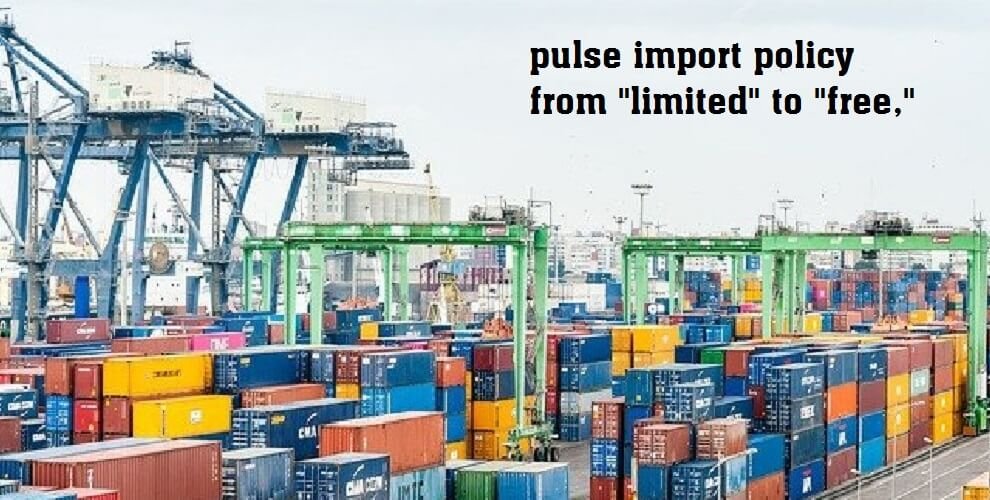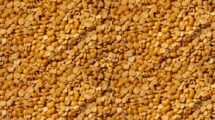After the government altered its pulse import policy from “limited” to “free,” traders who imported roughly 15,000 tonnes of pigeon pea (toor dal) are trapped with procedural hurdles connected to “time of export.”
Even before the government’s May 15 announcement that the category would be changed to “free,” these importers had warehoused the items in free trade warehousing zones (FTWZs).
Also Read: Centre asked seed companies to expand transparency in certification of labeled seeds
The question now is whether pulses that are already in warehouses are eligible for the bonus. Some of the FTWZs where the commodities are stored, like Mundra in Gujarat, has sought clarification from the commerce ministry.
‘The date of removal of products from the FTWZ, which must be determined with the submission of a bill of entry for home consumption, is unquestionably the relevant date of import. It is hoped that the authorities will offer the clarification, keeping in mind the terms and the aims of the announcement,’ said Abhishek A Rastogi, partner at legal firm & Co.
From May through the end of October, the government has removed pulses from the restricted list. According to industry trackers, India buys toor dal from Myanmar (which is currently under strict lockdown owing to an outbreak of Covid-19), Sudan (harvest ends in March), Mozambique, Malawi, and Tanzania (all of which are experiencing Covid-related supply chain problems).
Also Read: Tur farmers get more price in open market than NAFED’s MSP
According to Rastogi, the government’s “pragmatic approach” to releasing the cargo will assist increase supplies and keep costs in check.















Add Comment